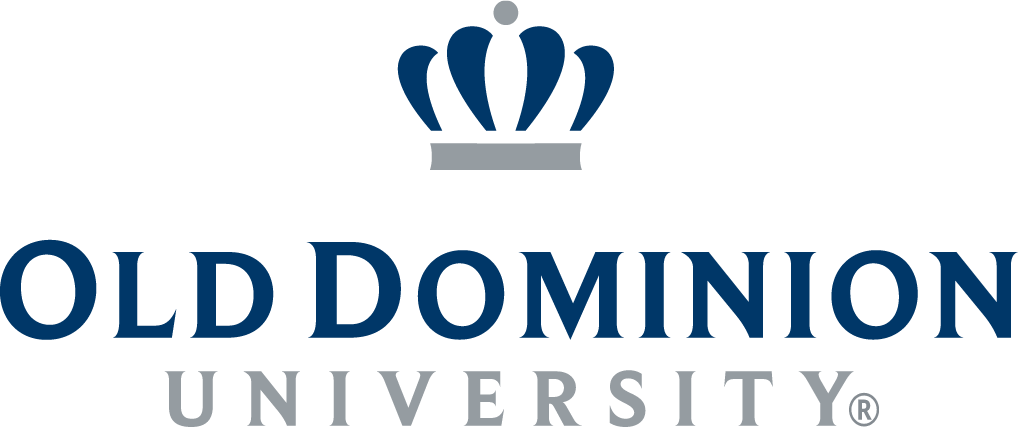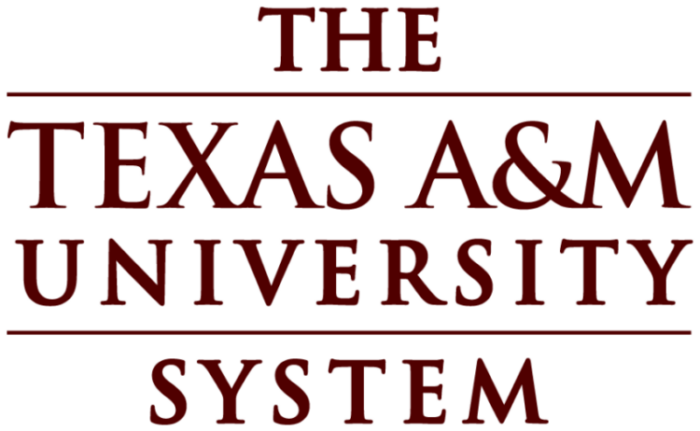The ReUp Difference: Transformative Strategies to Re-enroll Adult Learners

There’s an enrollment problem in higher education, but it’s not what you might think.
For years, colleges and universities have worried about dropping off an enrollment cliff in 2025. This is the demographic shift in which the number of traditional, first-time college students will shrink by as much as 15 percentage points over five to ten years.
Devising plans to deal with enrollment declines has taken up considerable time and energy at colleges and universities across the country. But this focus on 18-22-year-olds has prevented another crucial demographic from getting the attention it deserves: the estimated 40.4 million adults (or one out of every six) with some college, no credential (SCNC). This overlooked and under-resourced population is a sizable pool of individuals who have the drive to make progress in their education, but often no clear path to achieve it.
ReUp Education exists to champion these adult learners and help them build a path back to higher ed. It’s estimated that by 2031, 72% of jobs will require postsecondary education or training and 42% of all jobs will require at least a bachelor’s degree. These figures underscore the importance of our mission: empowering all adults to thrive in higher education and the modern economy. We believe the future lies in re-engaging adult learners—helping them “reup,” or re-enroll. Here’s a closer look at adult learners and how we support them so they can finish what they started.
Understanding modern adult learners
The default assumption for a college student used to be someone 18-22-years old with few family and work obligations, which allowed them to attend school full time. That idea is already changing. Today, a college student is more likely to be an adult learner who is:
- over the age of 22
- attending college part time
- caregiving for children or parents
- working at least 15 hours per week—if not full time or juggling multiple jobs—off campus
In short, adult learners can have many responsibilities outside of school. As a result, it is much harder to engage them, especially when using outdated methods and platforms. And if an adult learner leaves school, persistent myths contribute to negative perceptions of them. The decision is often assumed to be related to poor academic performance or a lack of motivation, yet the data we’ve aggregated from millions of interactions with adult learners shows that finances and life balance are the top factors.
We know how to reach and engage adult learners
It’s common for colleges and universities to believe they can effectively outreach to adult learners through an in-house team. But lists of adult learners can number in the tens of thousands. Many of these adult learners left more than five years ago and each one has a unique set of circumstances surrounding their reason for leaving. Through our work, we’ve found that it takes an average of 29 touchpoints before an individual decides to re-enroll.
Our distinctive approach to engaging with adult learners integrates technology, human touch, and data-backed strategies to bridge the divide between an adult learner and their education goals and the barriers they’re facing. Our methods include:
- Technology and data analytics to connect with adult learners at scale.
- Predictive scoring to determine the optimal times to interact with learners via multiple channels–including SMS and paid ads–and at scale. This ensures our interactions are meaningful and timely no matter where a learner is in their educational journey.
- A patented method to consider all the factors that influence an adult learner’s decision to return to education, including motivations and obstacles.
- One-on-one success coaching that meets learners where they are, guided by the philosophy of, “Right student, right time, right intervention.”
Delivering results and impact for our partners
To give you a better idea of who we work with and how we can help, here are a few scenarios at institutions of higher education where we can have a positive impact.
- A four-year public university has a growing database of adult learners who left school before earning their credential, but limited staff to manage the ongoing project of connecting with this population in a meaningful way.
- A community college wants to outreach to its list of adult learners who stopped out, but finds it has limited or outdated contact information, especially those who attended more than two years ago, and no way to quickly and efficiently update the data.
- A large university system lacks insight on why adult learners leave and why they sometimes choose to return. The system needs to be able to identify trends and patterns that are evident through data and turn barriers for adult learners into opportunities to re-engage and re-enroll.
- A state is looking to address the opportunity gap for its SCNC population—over 700,000 residents—but needs a solution to provide ongoing outreach and coaching support on behalf of its public colleges and universities. This is a key strategy to help the state reach its goal of 60% of working-age adults with a high-quality credential by 2026.
You might see some of your institution’s challenges reflected in these examples. We’ve found that applying our expertise and capacity is highly effective, with one in three of the learners we interact with choosing to re-enroll. To date, that’s 31,000 adult learners who have decided to return to higher education.
Here are a few of the successes we’ve helped our partners achieve:

1,945 re-enrollments, $7.8 million in tuition recovered, and 402 graduations.

200,000 interactions between ReUp and LCCC students, 628 enrolled, and $2.13 million in tuition recovered.

631,000 interactions between ReUp and system students, 1,335 enrolled, and $6.7 million in tuition recovered.
Learn more about our work with adult learners and institutions of higher education through our case studies and learner stories. For our latest thoughts on how to support adult learners, follow us on LinkedIn.
Let’s start the conversation
Schedule a call with a ReUp team member to learn more about what a ReUp partnership could do for your institution.